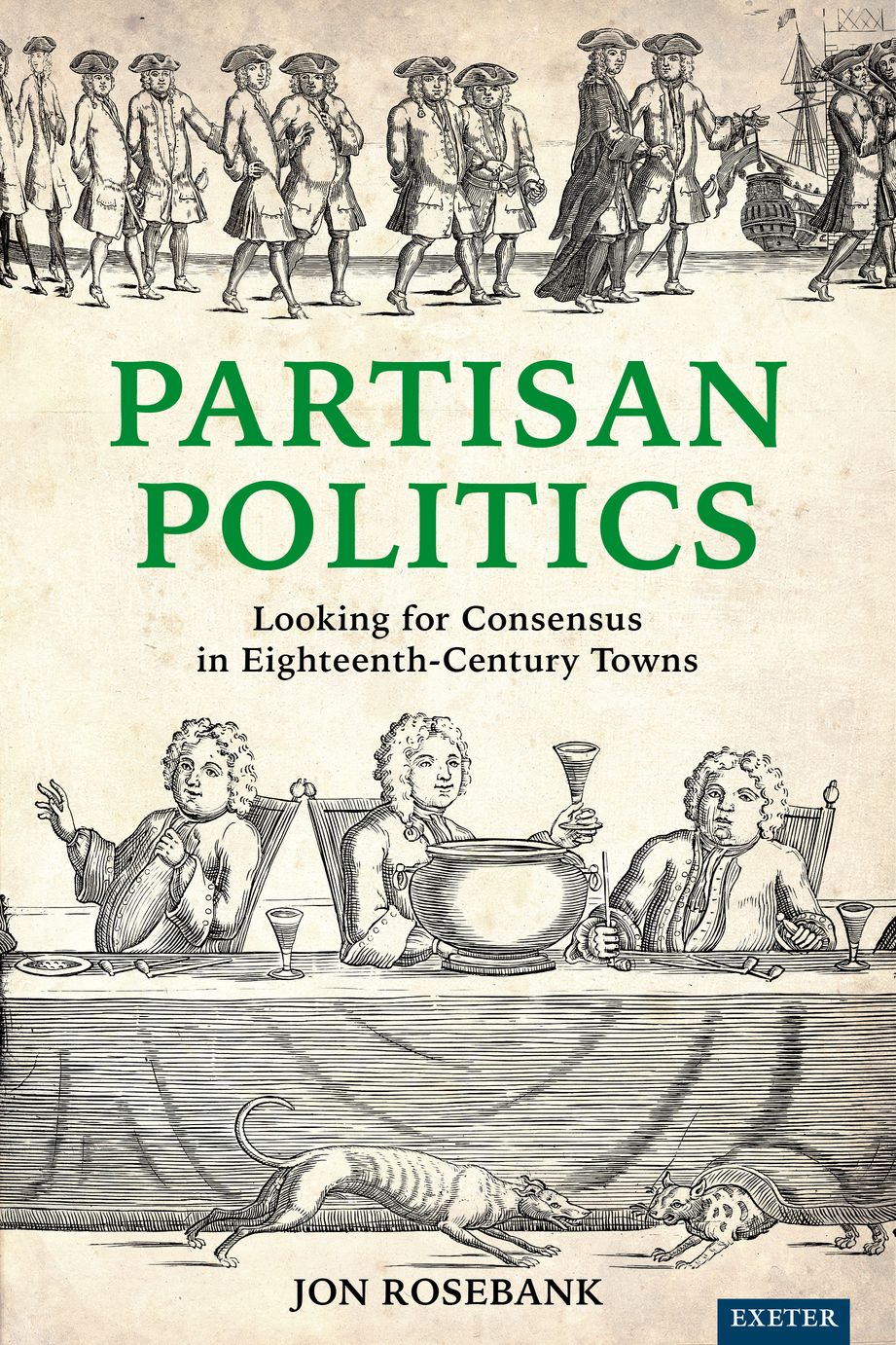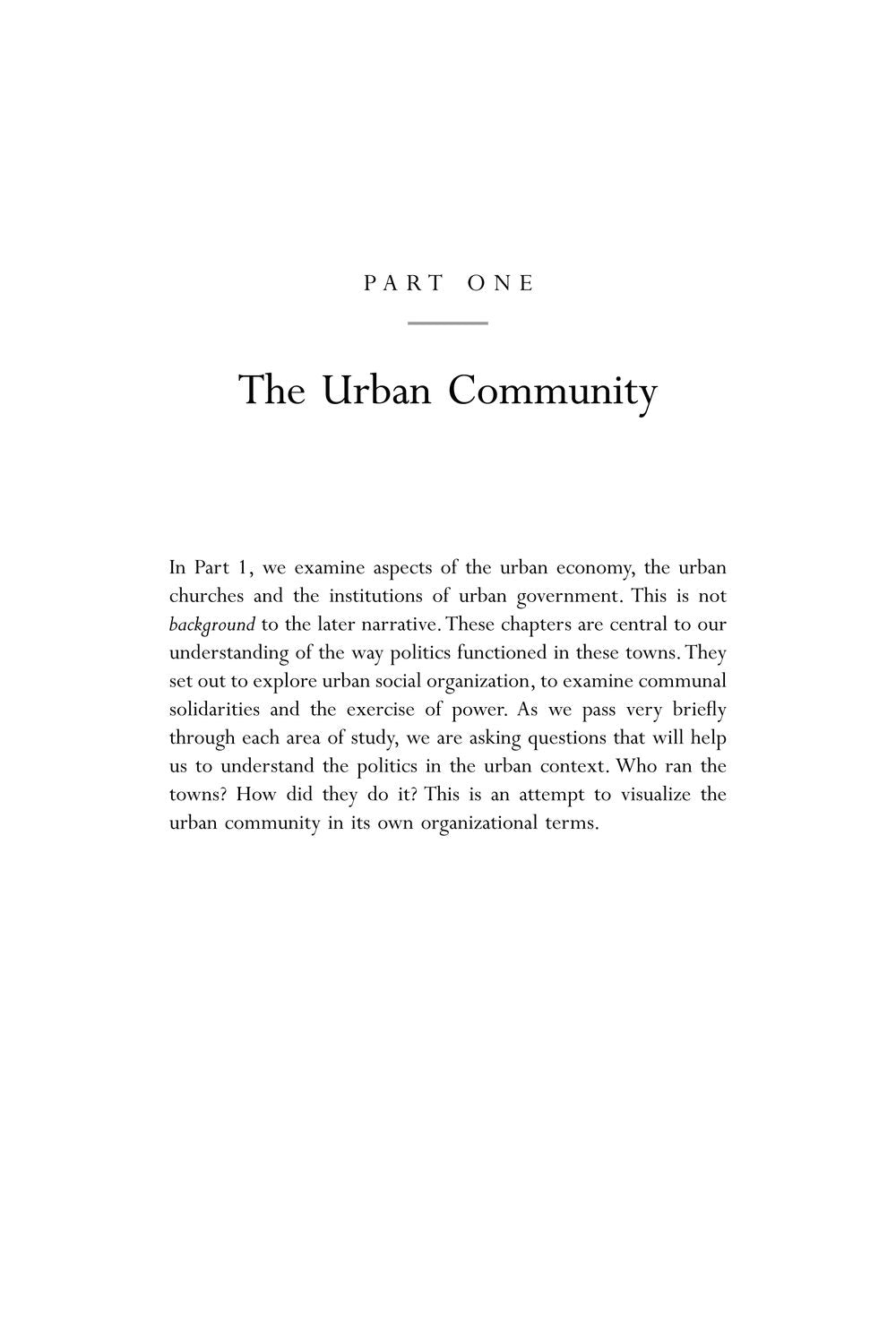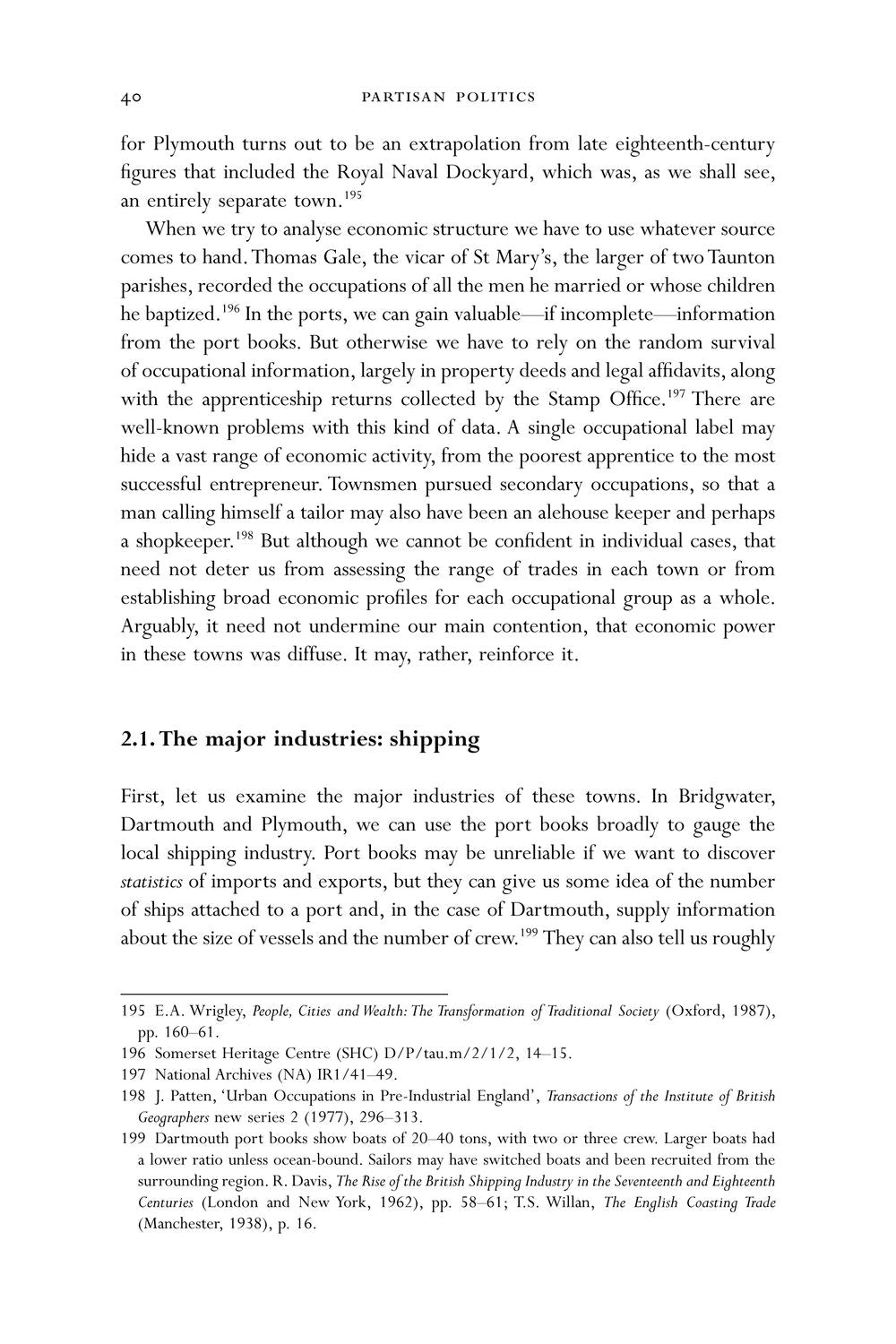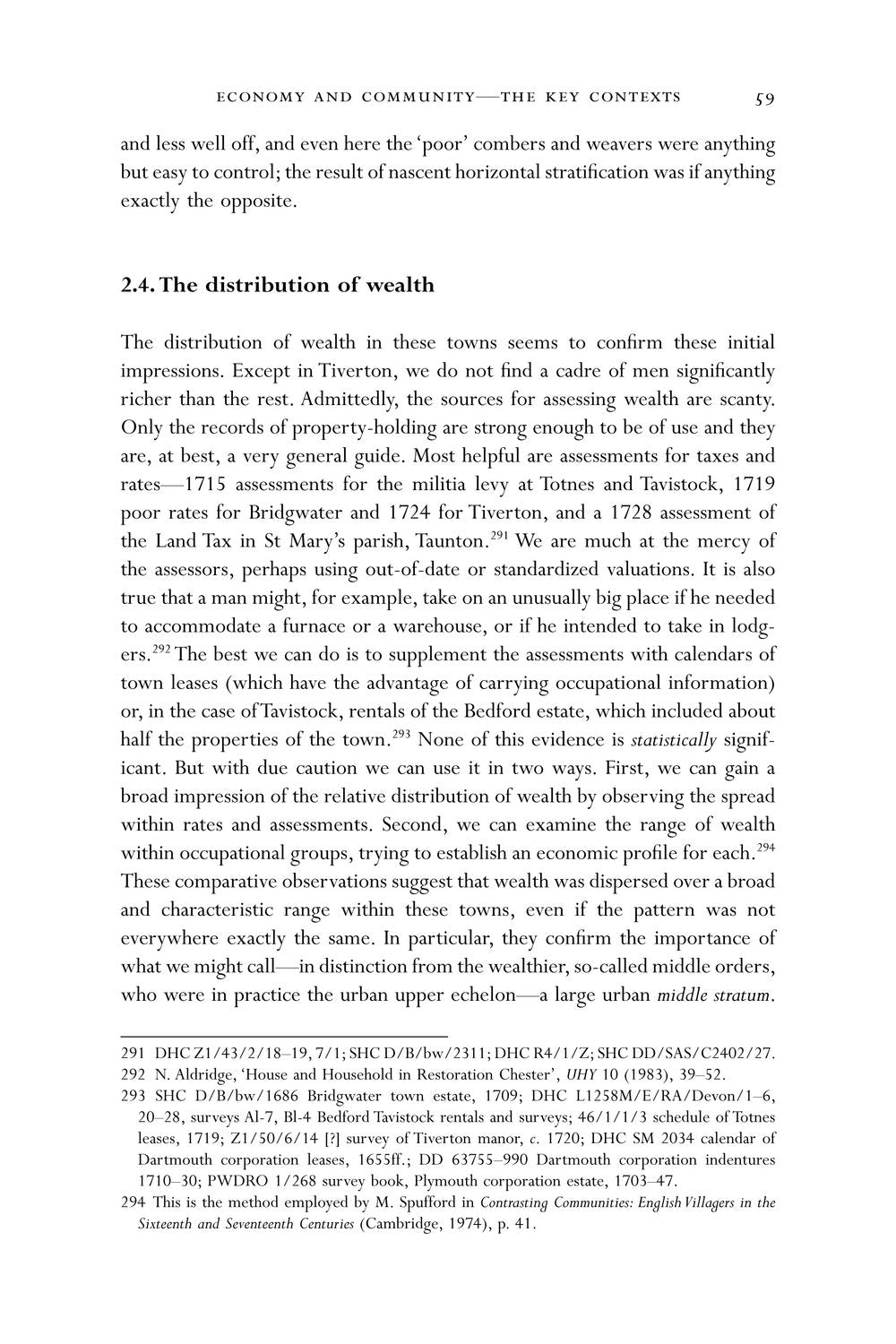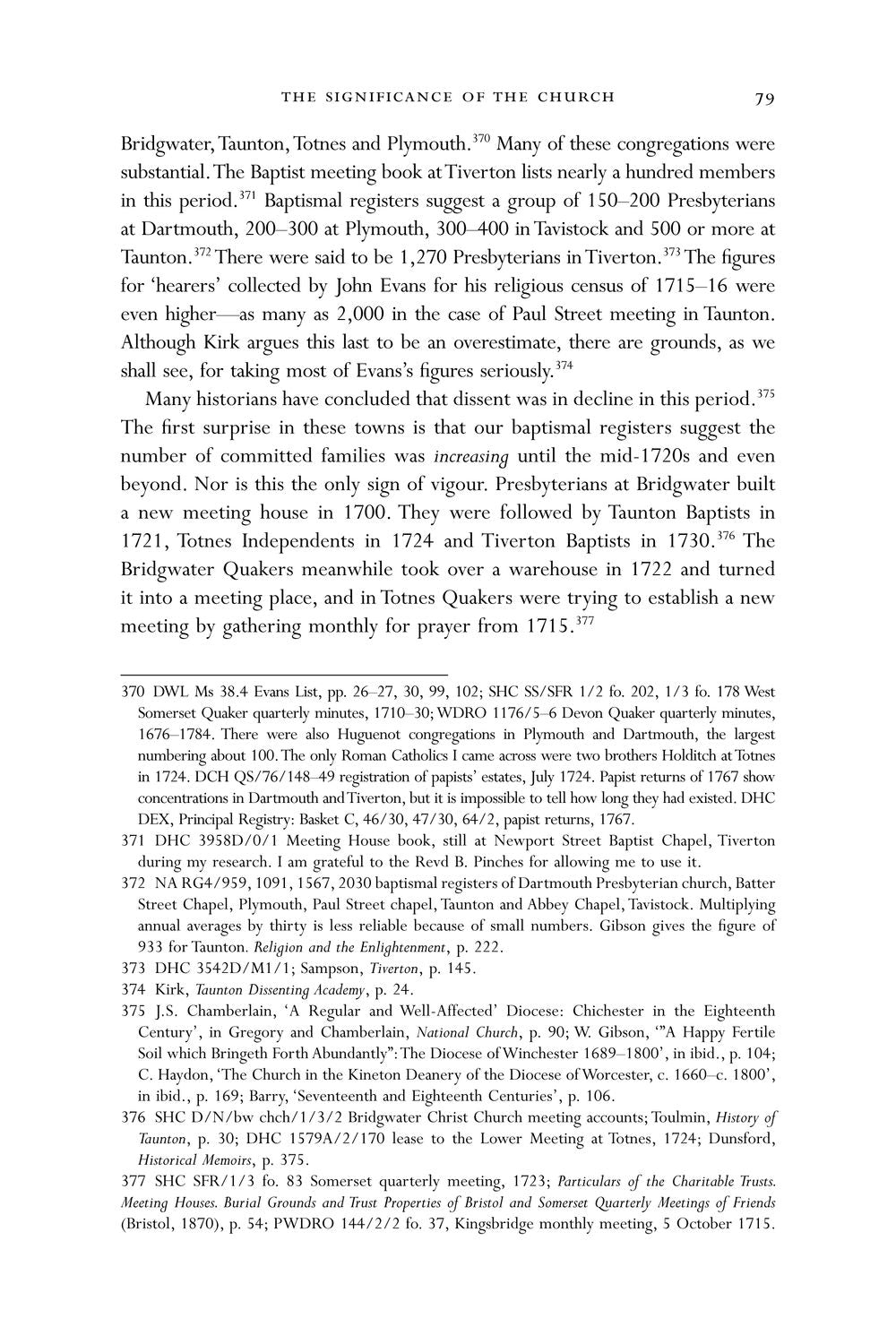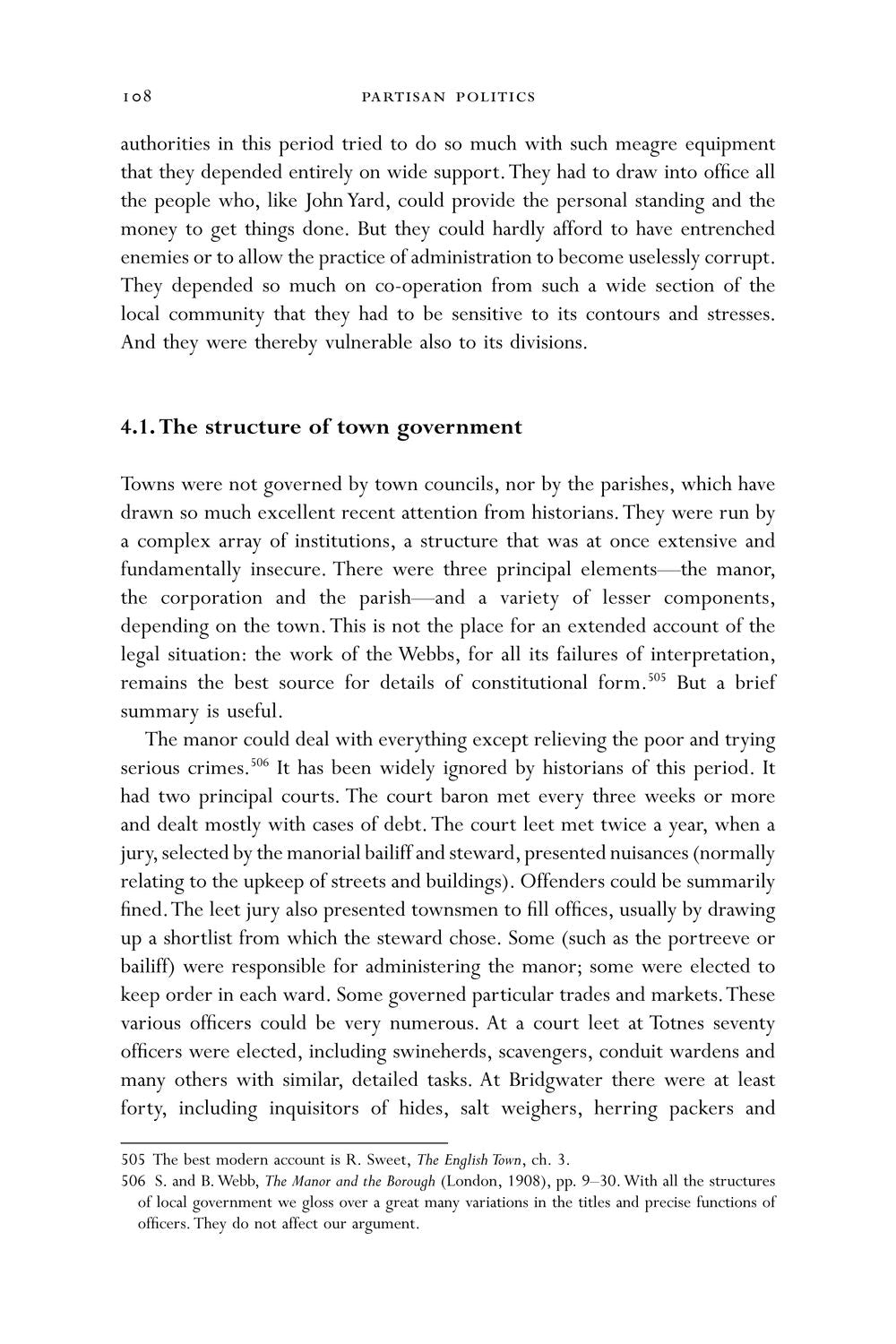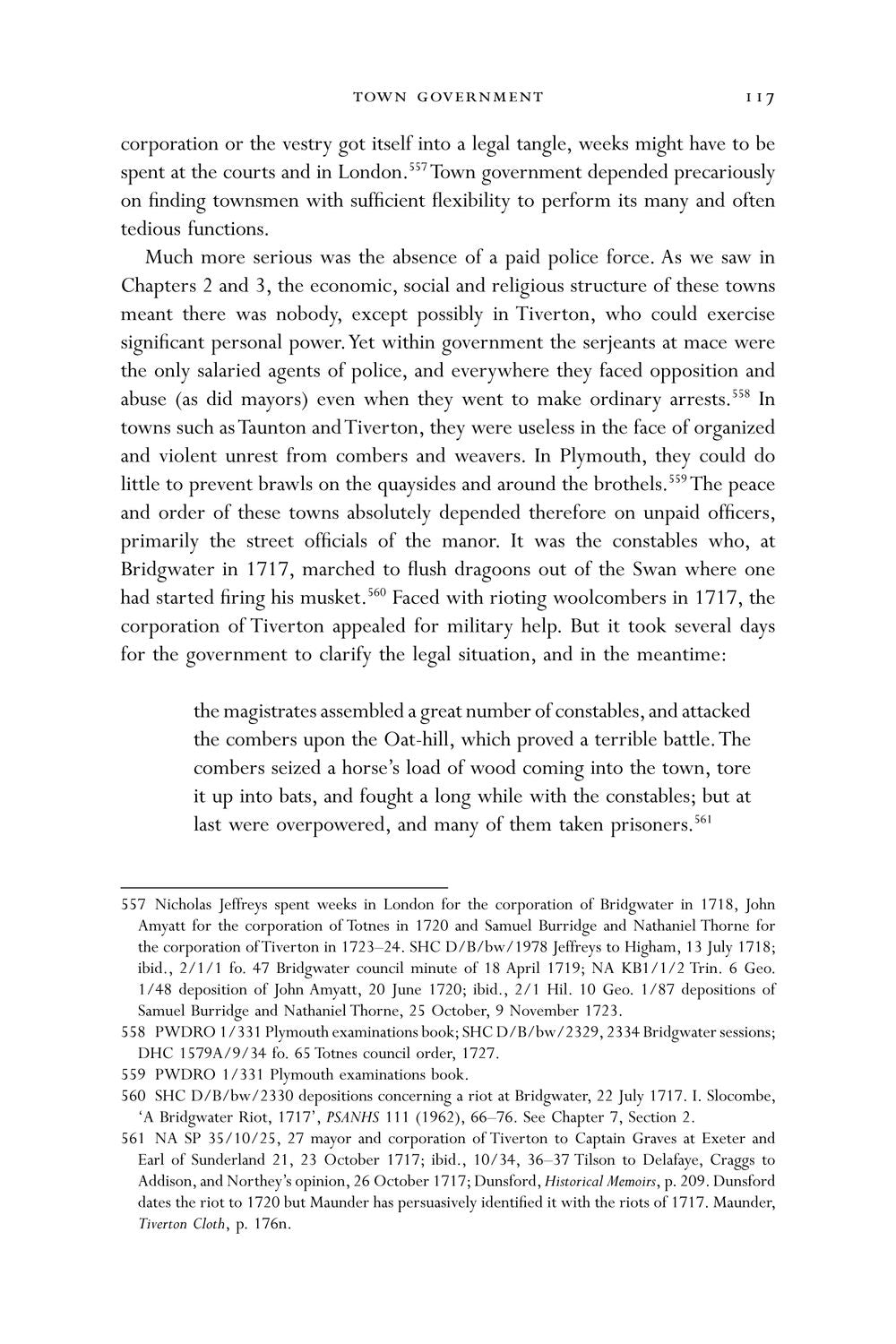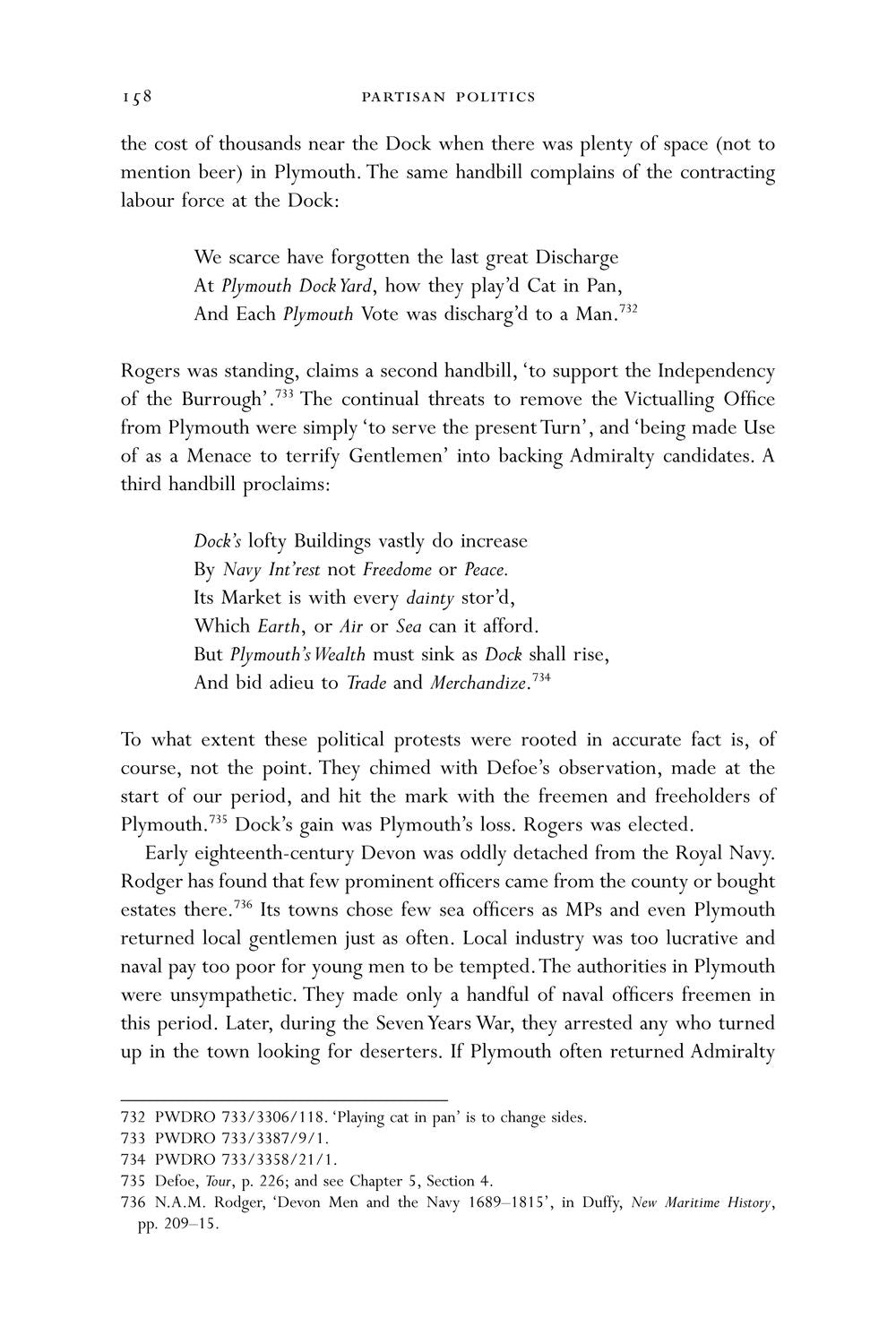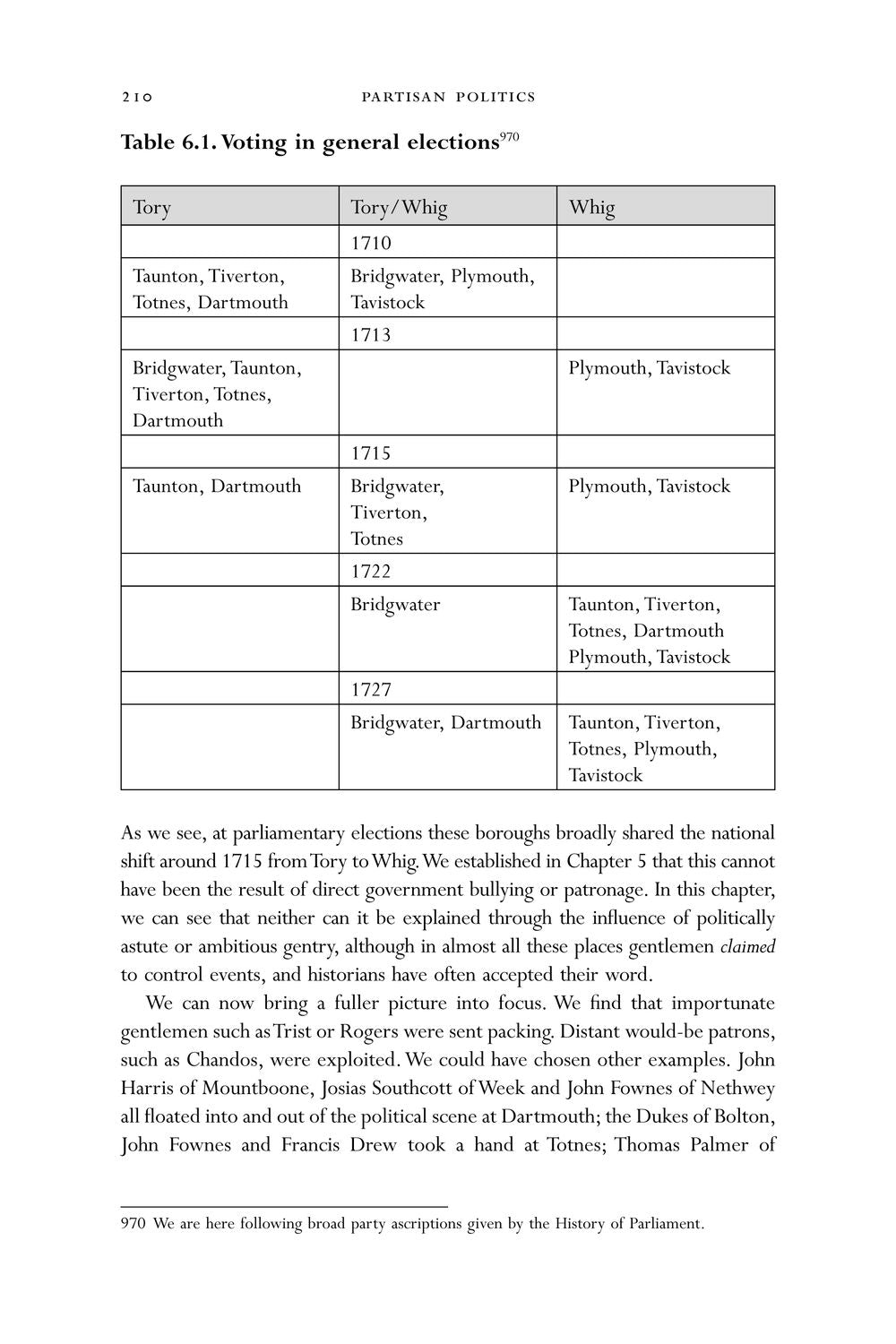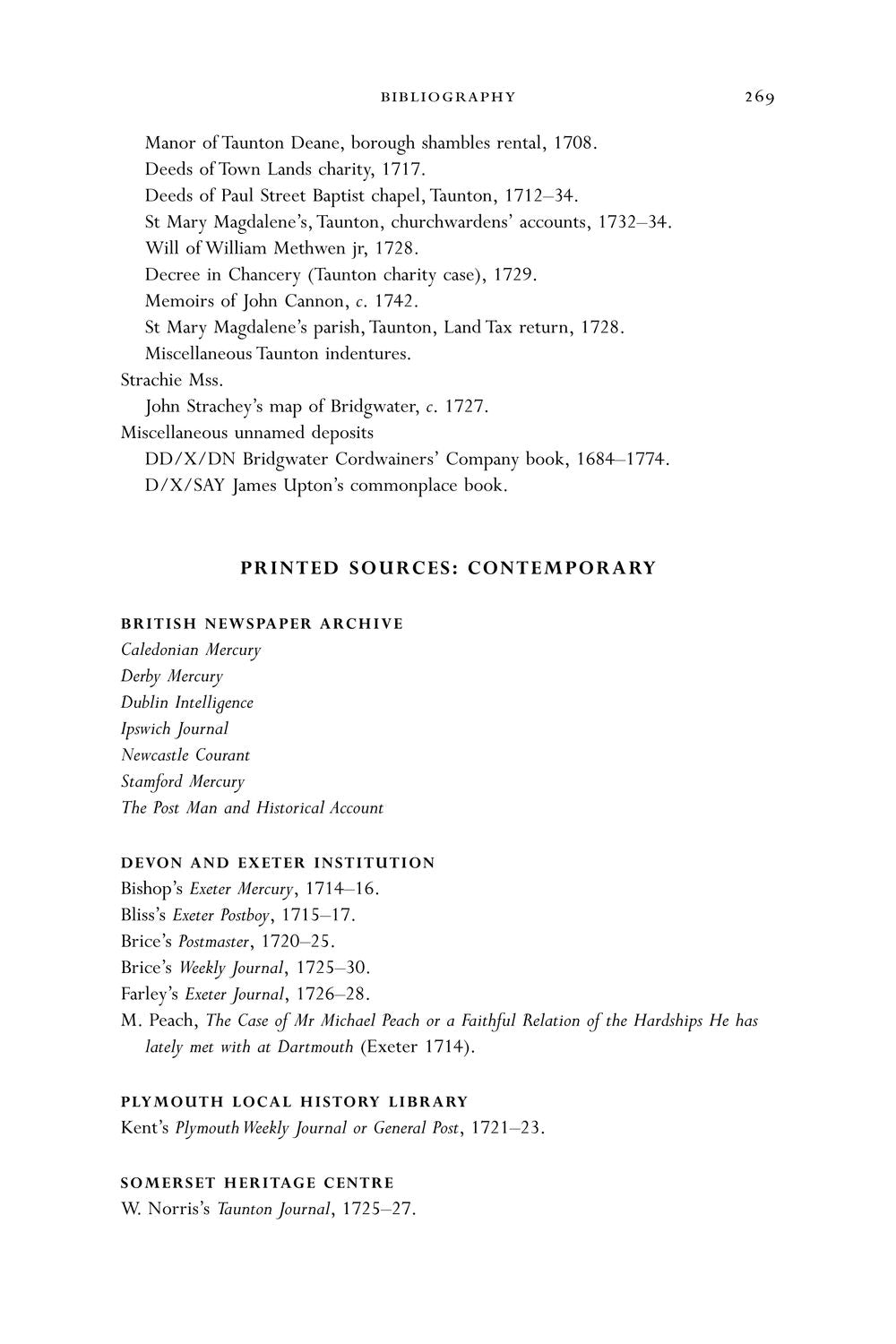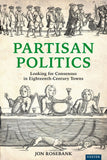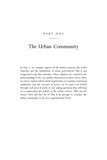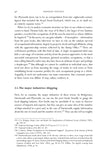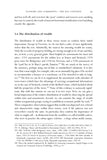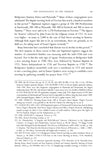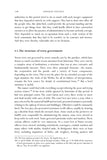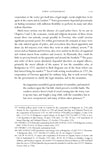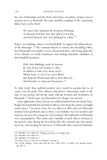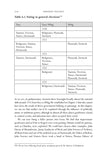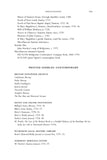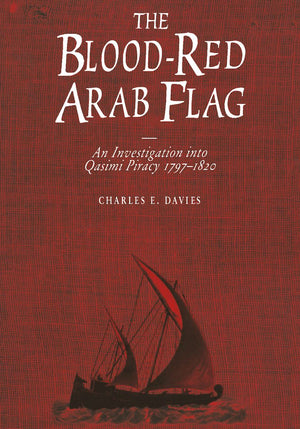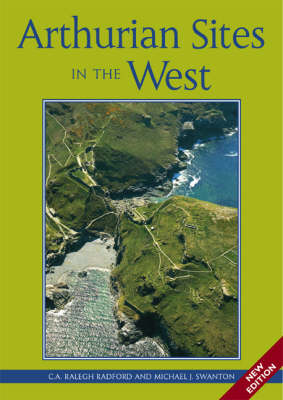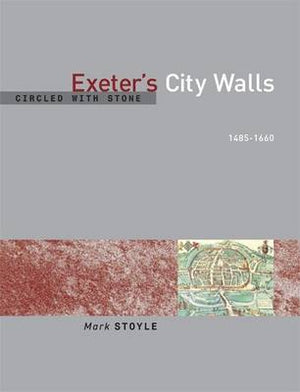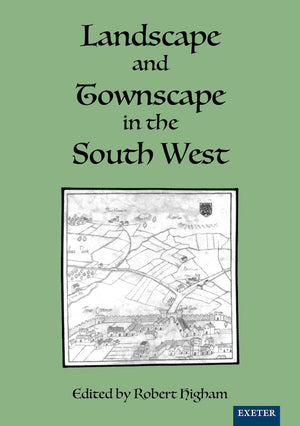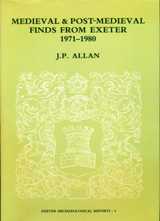University of Exeter Press
Partisan Politics
Looking for Consensus in Eighteenth-Century Towns
Couldn't load pickup availability
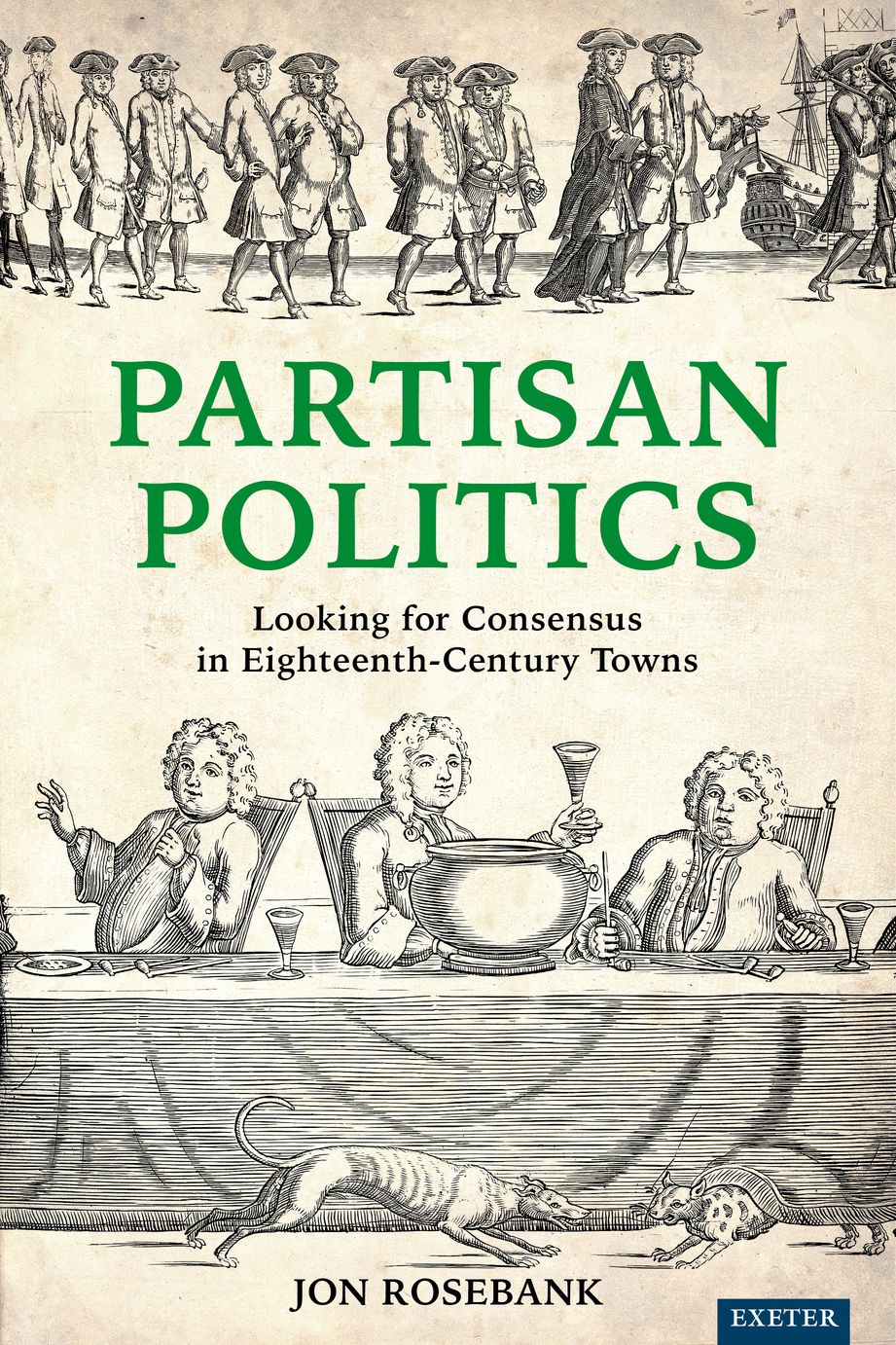
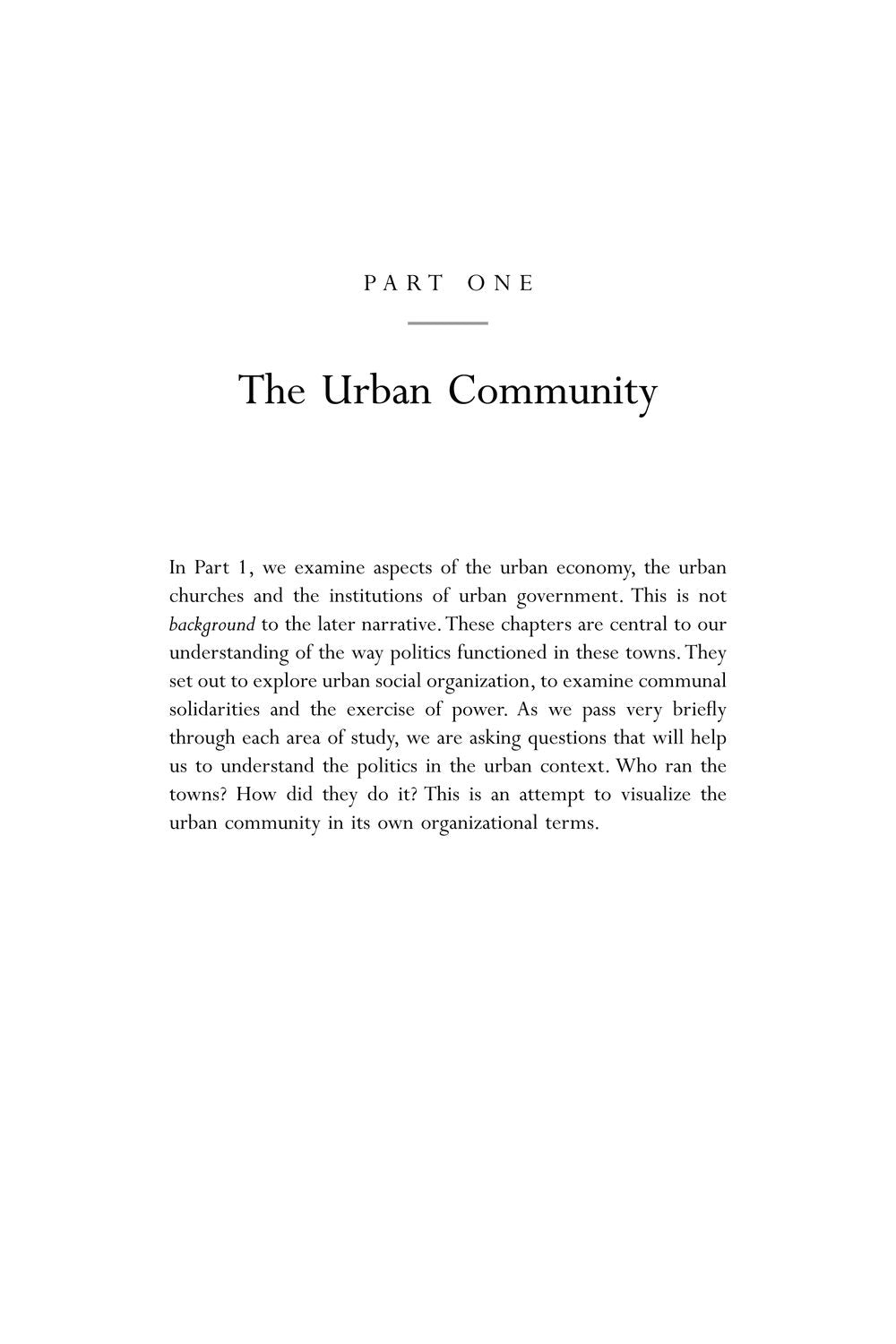
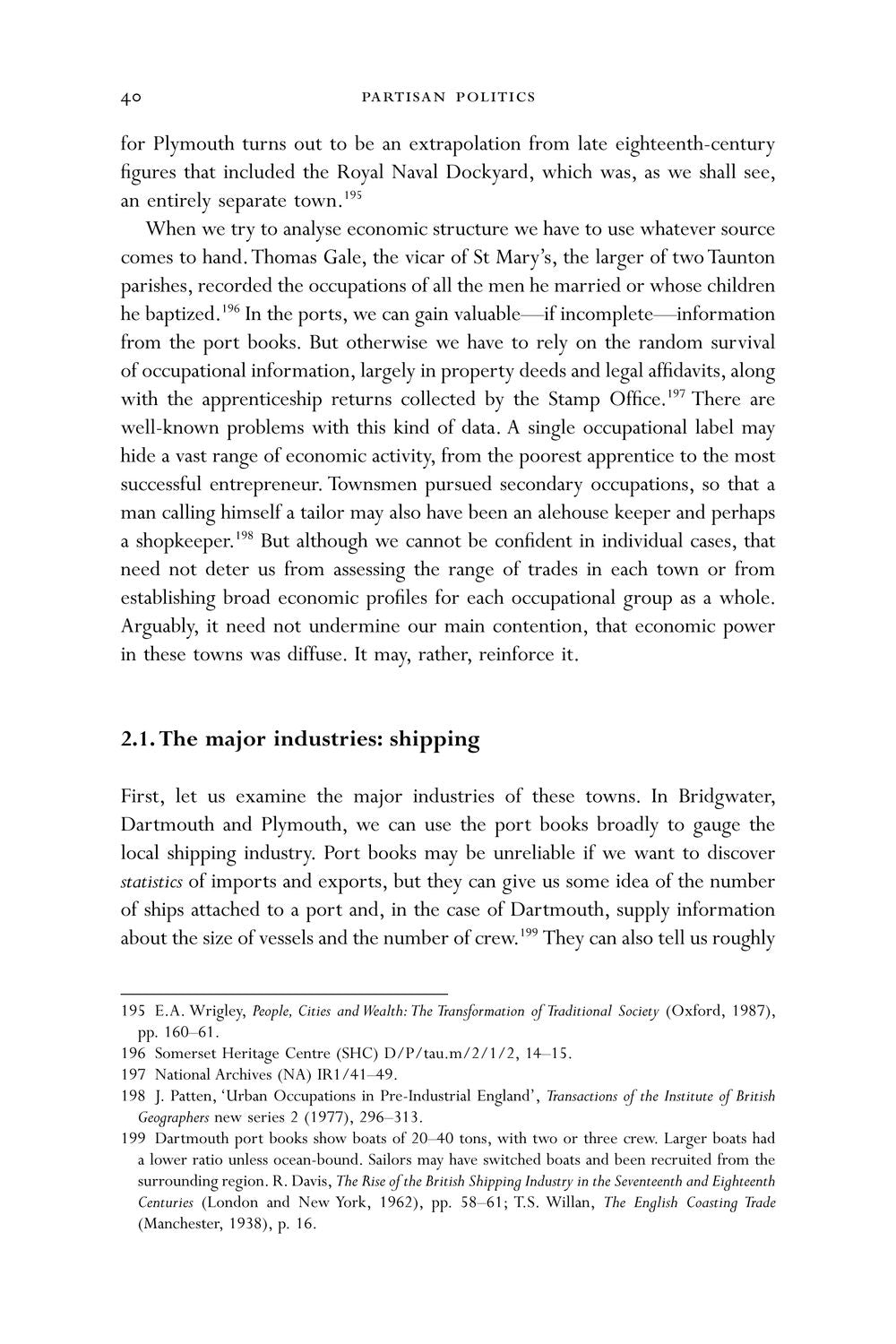
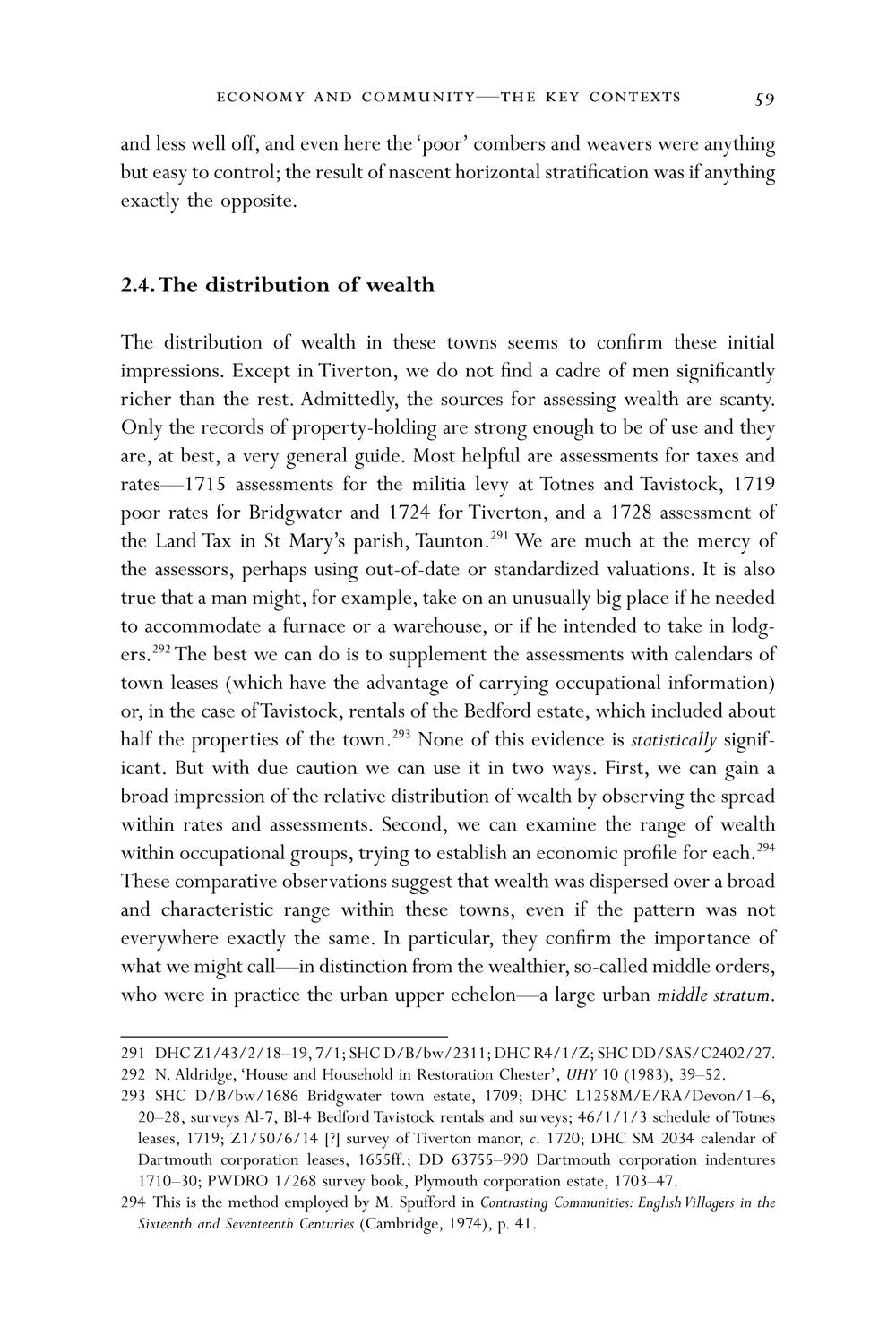
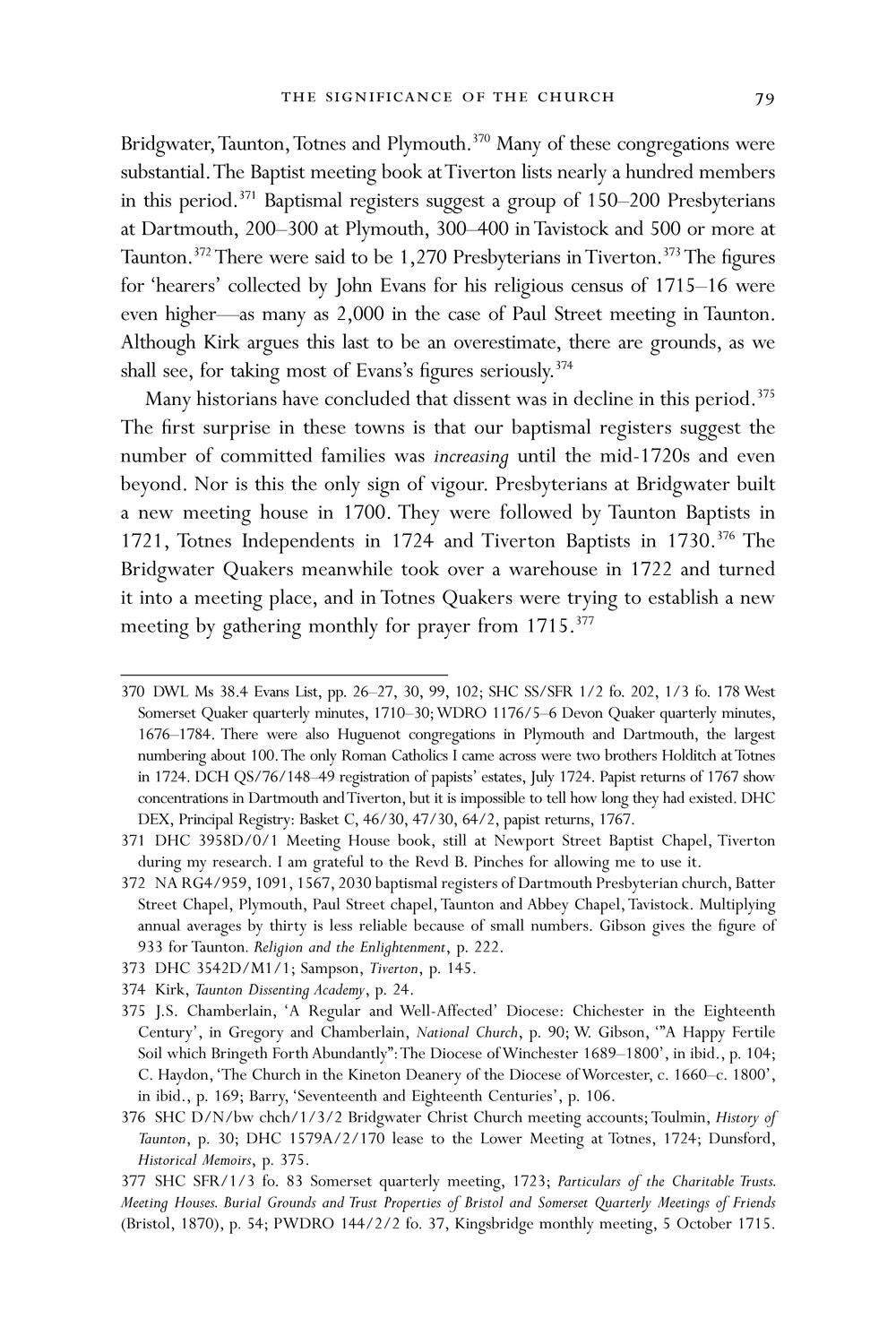
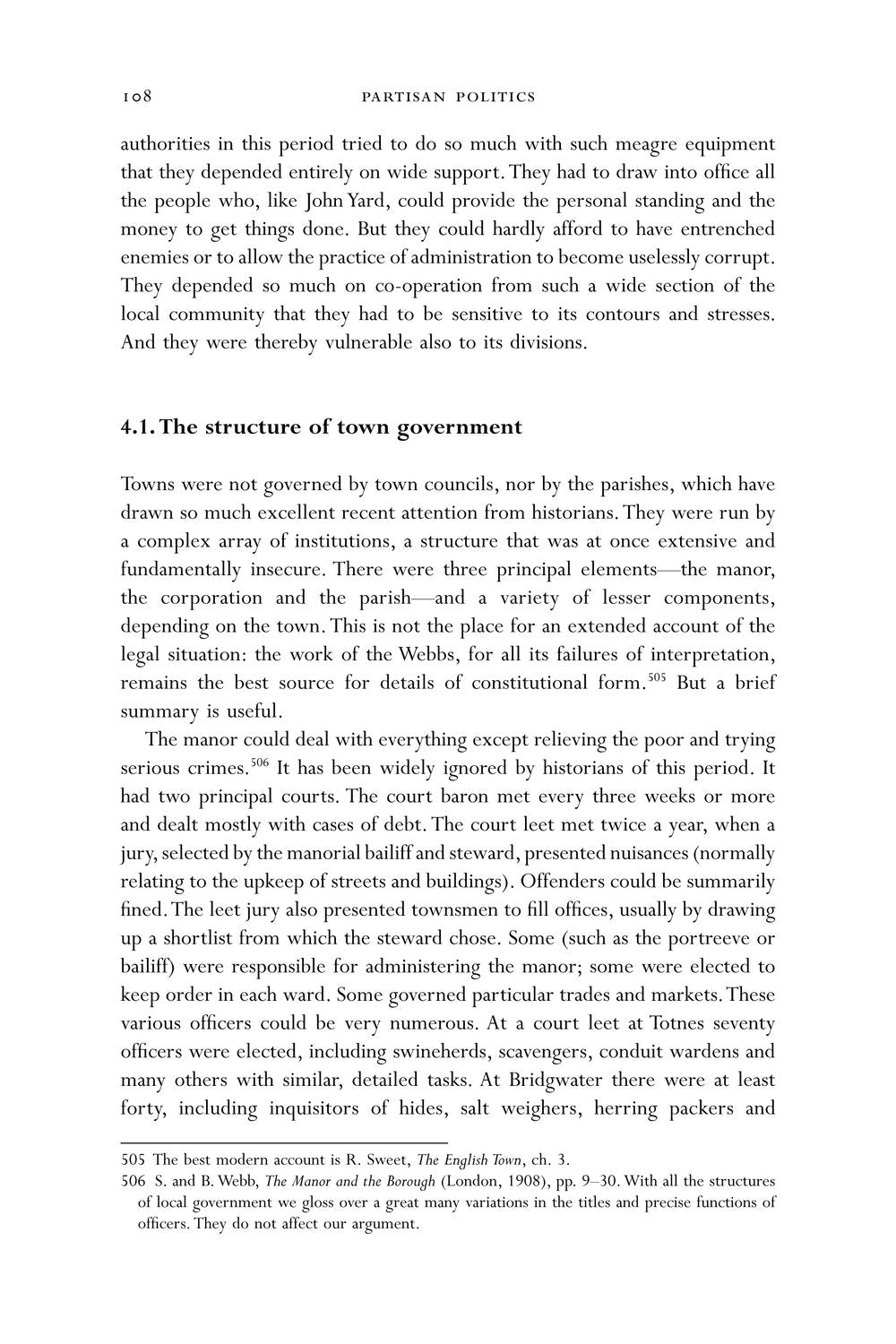
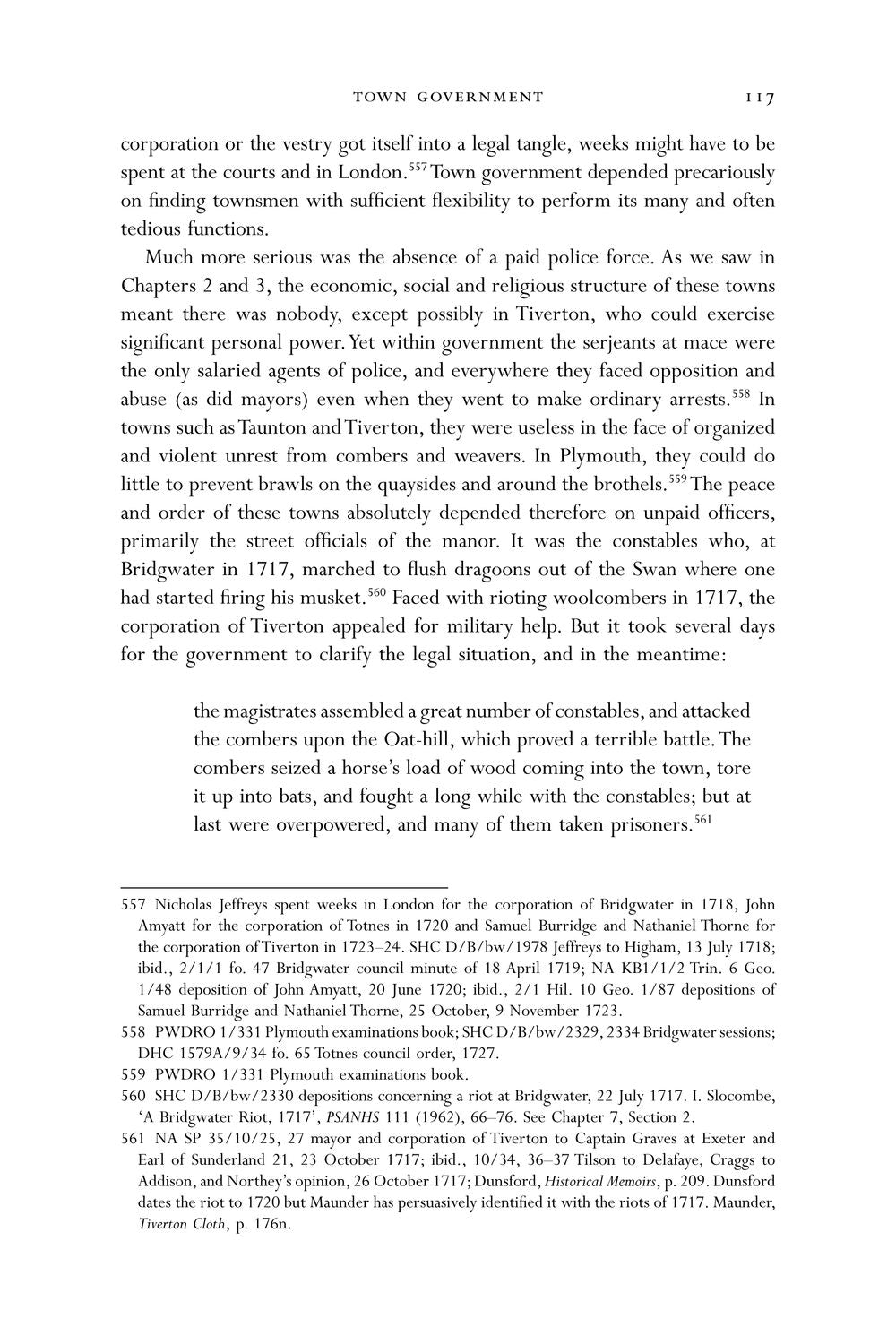
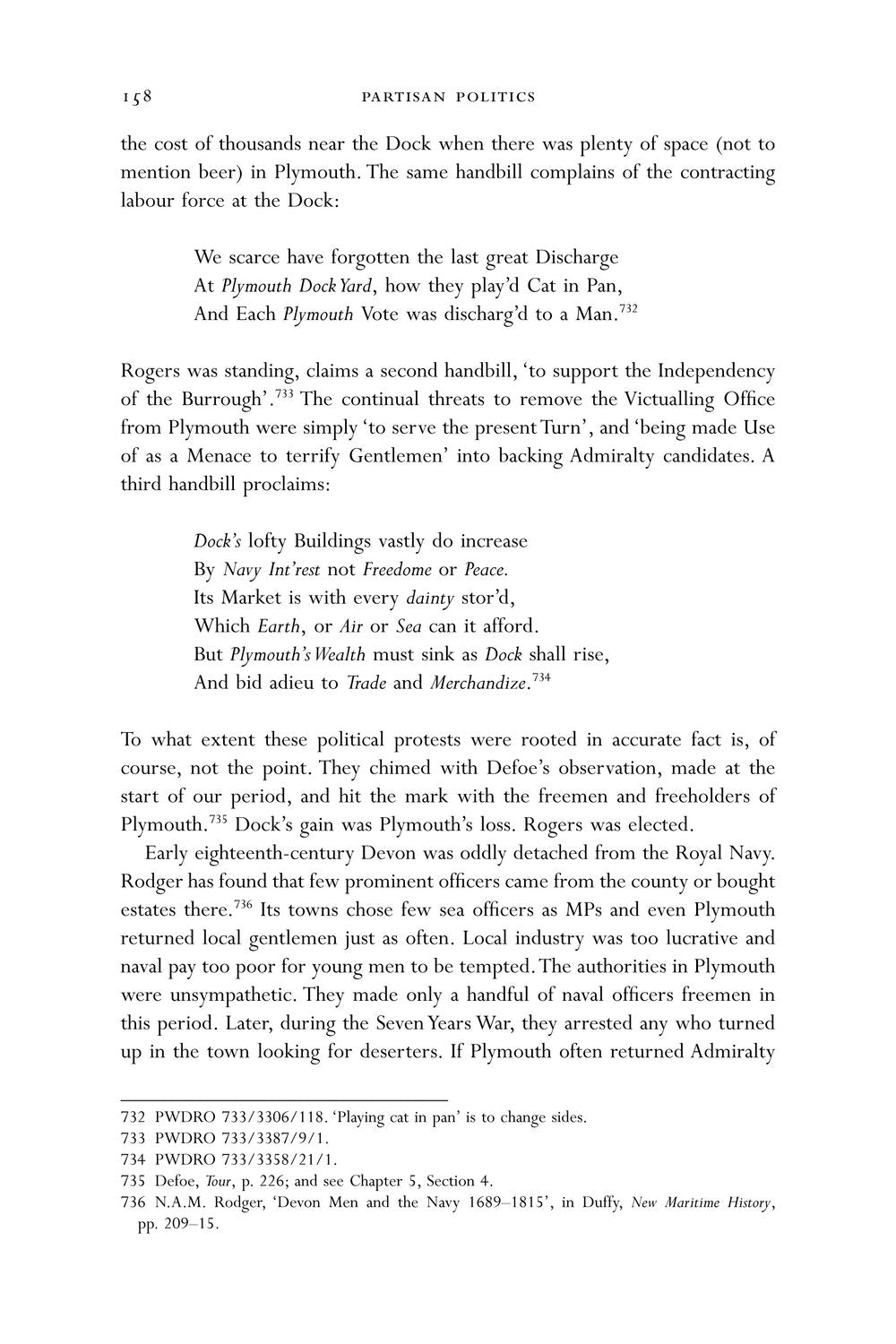
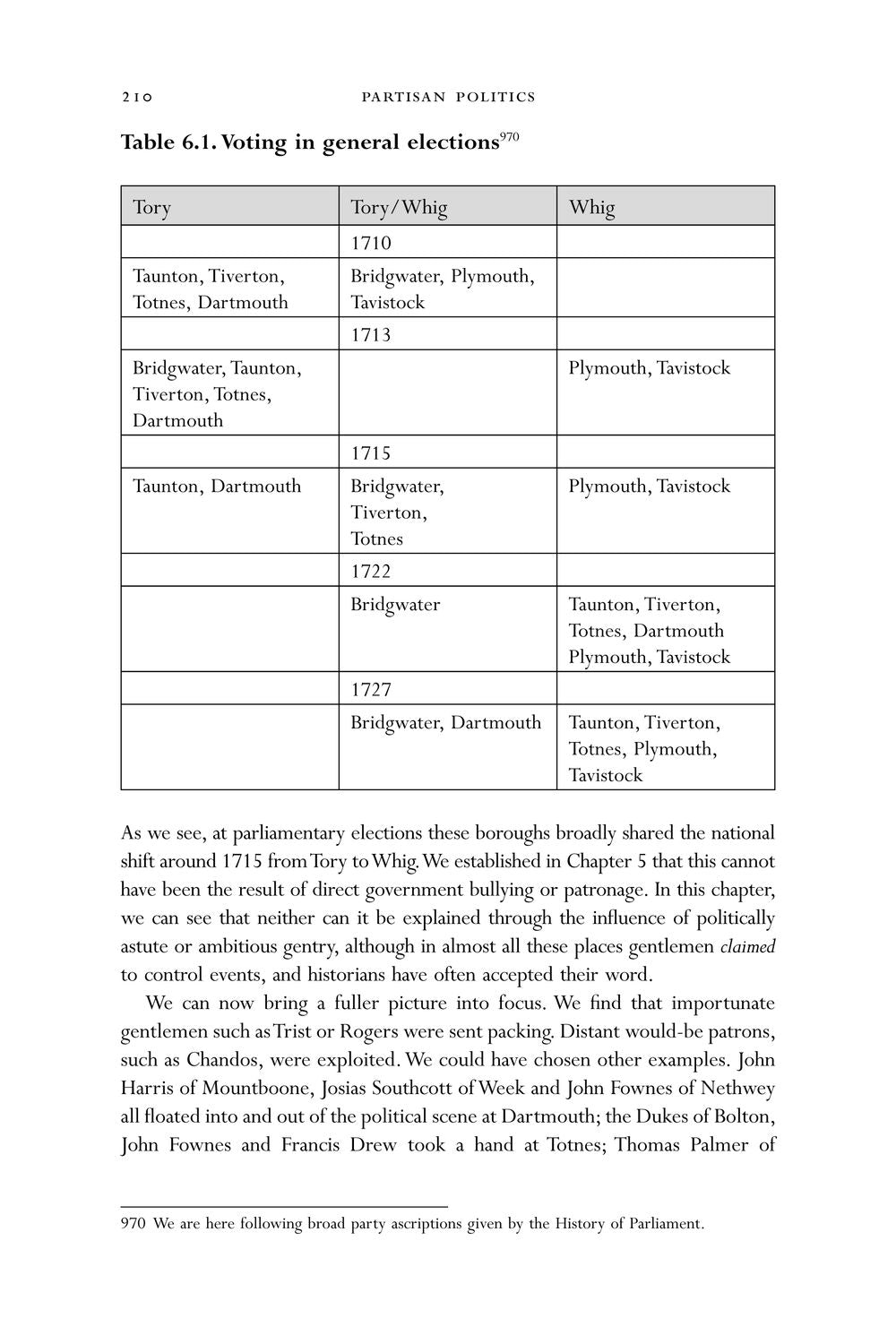
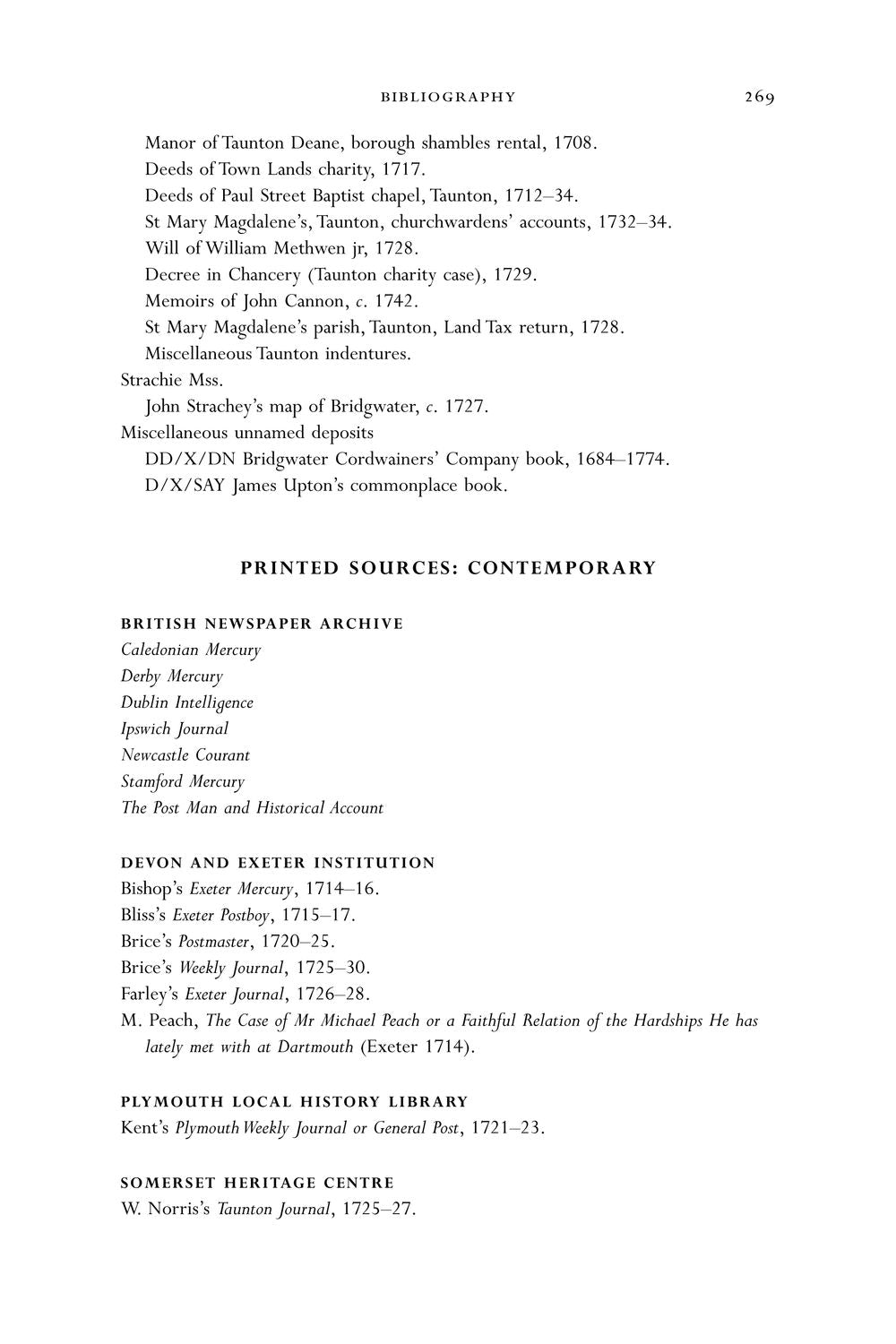
- 300 Pages
New understandings of the middle order and of the post-1688 English Parliament have shifted the focus from Westminster to the constituencies in the study of eighteenth-century politics. It was the towns, and especially the smaller parliamentary boroughs, that set much of the legislative agenda and which defined partisanship. This is also where religious tension was most intense and enduring.
Yet there has never been a thoroughgoing comparative study of small-town economy, religion, government and politics. Deep in the archives, the history of a clutch of towns in south-west England in the early years of the eighteenth century offers revelatory insights. Their diverse economic structure and religious divisions made these towns extraordinarily difficult to govern, while late Augustan partisanship spread into the streets and taverns, threatening urban order. This precipitated heady local realignments, with three or even four factions in each place cutting across Whig and Tory lines in the pursuit of consensus. In this intensely urban politics, government patronage was peripheral; area gentry were drawn in but had little control. The impact of this many-sided partisanship on national politics was profound.
Building a clearer picture of significant change around the time of the Hanoverian accession, this book proposes a fresh approach both to the study of early modern politics and of towns far beyond its immediate region. It will be an important asset to scholars and students of both.
Linked to new research on 18th-century middle orders, this book looks deep into small-town society. It finds these to be places difficult to govern, split by economic structure and divided by religion. Each was forced to seek consensus and realignment. This work presents a radical new approach to the study of early modern politics and towns.
... written with exceptional clarity and verve, such that it makes its academic points in a very accessible way
Jonathan Barry, Emeritus Professor of Early Modern History at Exeter University
Dr Rosebank's painstaking research adds significantly to the literature on eighteenth-century towns, and on the relationship between ‘the people’ and the political institutions by which they were governed.
D.W. Hayton
Parliaments, Estates and Representation
This is local history used to excellent effect, built upon comprehensive and thorough archival research, and conveyed with admirable lucidity.
James Harris
Parliamentary History
… an interesting study, rooted in a detailed study of archival material, which configures the interplay between the forces at play in urban politics well.
William Gibson, Somerset Archaeology and Natural History
Acknowledgements
List of Abbreviations
Chapter 1: Introduction—a new
understanding of towns and their politics
The perspective of the middling sort
Local government
Resistance to interference
Partisanship
Religion and party
In search of stability
The research deficit in smaller towns
PART 1: THE URBAN COMMUNITY
Chapter 2: Economy and community— the key contexts
The major industries: shipping
The major industries: textiles
Beyond the major industries
The distribution of wealth
Other solidarities
The relationship between economy, society and politics
Chapter 3: The significance of the Church
The structure of dissent
Dissent and local government
The Established Church
The challenge to order
Chapter 4: Town government
The structure of town government
Who served?
Was town government effective?
The threat to good government
PART 2: THE POLITICAL PROCESS
Chapter 5: Government patronage
The Excise service
The Customs service
Land Tax, Post Office, Army
The Admiralty
The patronage process
Chapter 6: The politics of leading townsmen and the gentry
Bridgwater: the humiliation of the Duke of Chandos
Plymouth: consensus and the failure of Sir John Rogers
Totnes: Amyites, Buckleyites and George Treby
Dartmouth: Holdsworth and Treby—amicitia perpetua
Tavistock: the third force
Taunton: the feud between council and meeting houses
Tiverton: the role of the Church party
Partisan politics
Chapter 7: The politics of the wider society
Taunton: mobs and voters
Bridgwater: popular Jacobitism
Totnes and Dartmouth: ‘Confidents and Intimados’ at the Hole in the Wall
Tavistock: fringe voters
Plymouth: the role of the freemen
Tiverton: playing with popular feeling
The broken cheese beam
Chapter 8: Wider contexts
Regions
The longer period
Where next?
Bibliography
Manuscript sources
Printed sources
Contemporary
Modern works
Index
- 300 Pages







